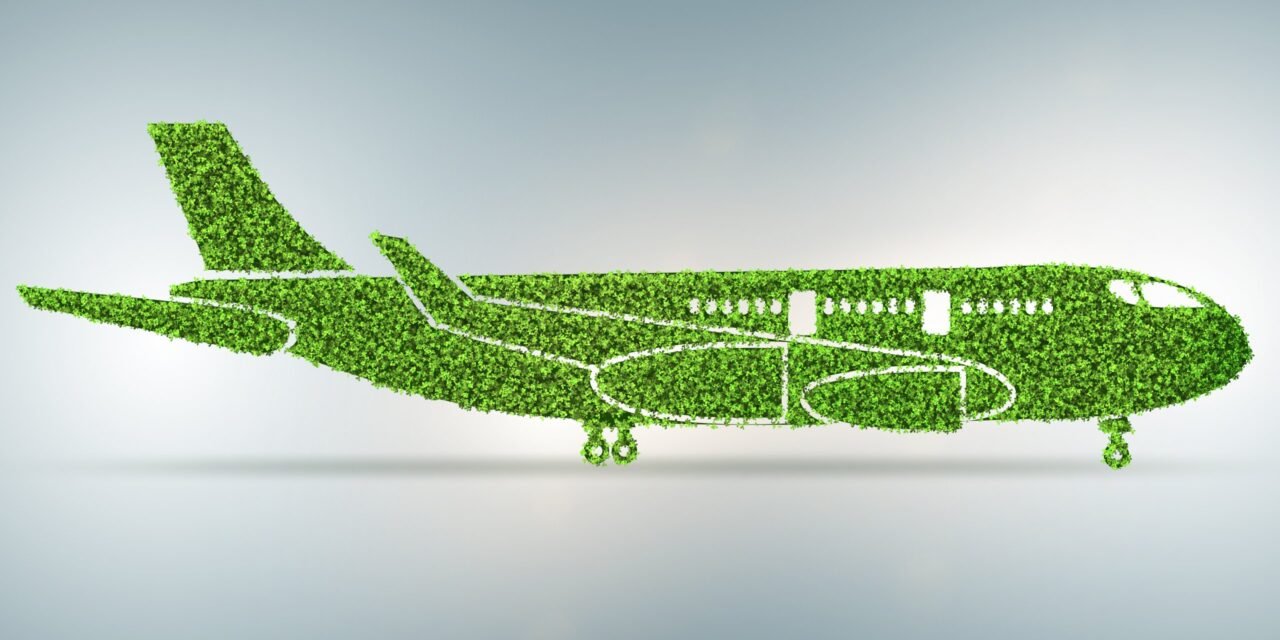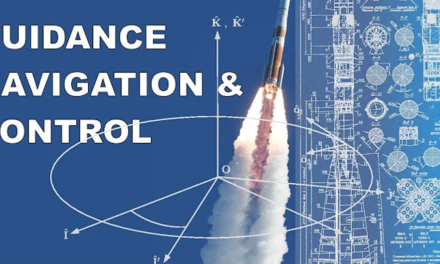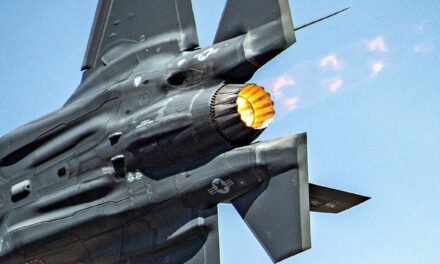Fuel efficiency improvements in traditional engines significantly contribute to greener aviation by reducing greenhouse gas (GHG) emissions, improving overall energy efficiency, and mitigating the environmental impact of air travel. Here’s how:
1. Reduced Carbon Emissions
- Lower Fuel Consumption: Improved fuel efficiency directly translates to less fuel burned per kilometer traveled, reducing carbon dioxide (CO2) emissions.
- Optimized Combustion: Advances in engine design improve the combustion process, minimizing incomplete combustion and reducing emissions of other pollutants like carbon monoxide (CO) and unburned hydrocarbons.
2. Advanced Engine Technologies
- High-Bypass Turbofans: Modern engines use high-bypass turbofan technology, which is more efficient than older designs, reducing fuel consumption while maintaining thrust.
- Materials and Aerodynamics: Lightweight materials and advanced aerodynamic designs reduce the energy required to sustain flight, making engines more efficient.
3. Reduced Environmental Impact
- Lower NOx Emissions: Improvements in engine technology often focus on reducing nitrogen oxide (NOx) emissions, which contribute to ozone depletion and global warming at high altitudes.
- Noise Reduction: Modern, fuel-efficient engines are designed to operate more quietly, reducing noise pollution around airports.
4. Increased Operational Efficiency
- Longer Ranges with Less Fuel: Airlines can operate longer flights with smaller fuel tanks, reducing overall aircraft weight and fuel requirements.
- Improved Maintenance Practices: Fuel-efficient engines often come with advanced monitoring systems that ensure optimal performance and maintenance, minimizing inefficiencies and waste.
5. Economic and Environmental Synergies
- Cost Savings: Fuel-efficient engines lower operational costs for airlines, creating a financial incentive to adopt greener technologies.
- Support for Sustainable Aviation Fuels (SAFs): Efficient engines complement the use of SAFs by maximizing the environmental benefits of these low-carbon alternatives.
6. Paving the Way for Hybrid and Electric Technologies
- Incremental improvements in traditional engines serve as a bridge toward more sustainable propulsion systems, such as hybrid-electric or fully electric engines, by reducing dependency on fossil fuels and improving energy management systems.
Fuel efficiency improvements in traditional engines are a vital step toward achieving the aviation industry’s goals of carbon neutrality and sustainable growth, as they provide immediate environmental benefits while the industry transitions to next-generation technologies.













